I'm officiating tomorrow morning at the funeral of a man I never knew. I met with the members of his family last night (for the first time) and listened to his story. Tomorrow, at the funeral, I will talk about this man and tell details about his life that, I am sure, many of his friends do not know. It is an odd situation to be in. |
On funeral days, I come to the synagogue in the morning wearing a suit. That does not happen too often, otherwise. A few weeks ago, on one of those days, a member of the staff greeted me at the door and said, "Rabbi, you look well dressed today." I accepted the compliment and said, with a bit of gallows humor, "I guess somebody must have died." I regretted my flip comment as soon as I saw the expression on my friend's face—an expression that showed sorrow for the death and, perhaps, also for the job I had to do.
No, there is nothing funny about death. Yet, I do not want people to think that officiating at funerals is a sad or unpleasant part of my job. Strange as it sounds, officiating at funerals is a deeply fulfilling experience. Funerals are perhaps the best opportunity I have as a rabbi to enter deeply into people's lives and truly to be of help to them. All it requires is the ability to listen.
I arrive at the home of the mourners and just allow them to tell me the story of a person's life. More often than not, it is a story that is filled with drama, conflict, redemption, beauty and meaning. I think of this experience as a gift, a blessing, to be privileged to hear such stories. I ask a few questions. I take a few notes to help me remember details for the eulogy. I do very little talking, apart from going over the schedule of the service. For the most part, I do not try to offer what many people might consider "words of comfort."
I do not say, "He's in a better place now." I do not say, "Her memory will live on within you." In general, I have found that such comments usually backfire before the funeral. People do not find comfort in Hallmark card sentiments. Besides, Jewish tradition teaches that one should not try to offer comfort to the bereaved "while their dead are still in front of them" (M. Avot 4:18). I think that is good advice.
Instead, I just listen. Much more than explanations and soothing words, mourners just need a chance to tell the story.
My friends and congregants sometimes ask me if it is difficult to officiate at a funeral for a person I did not know. I tell them that it is just the opposite. The hardest funerals are for the people I did know; and the better I knew them, the harder it is. I officiated at my grandmothers' funerals and at funerals for a few dear friends. I found those experiences to be excruciating. I wanted to be a mourner, not an officiant.
I am glad that I have had those experiences, though. Often, when I officiate at a funeral, I remember those times, the feelings I felt, and it helps me to empathize with the bereaved family and their pain. Those memories, I think, make me a better rabbi.
For me, officiating at the funeral of a stranger is the truest act of chesed (lovingkindness). It is a gift that I can give to people in need with no expectation that my own difficult feelings of loss will get in the way. Officiating at the funeral of a stranger feels like an act of redemption. It brings me into the lives of strangers in a moment of loss, and makes us all feel that even death is no barrier to truly and deeply caring for one another.
Other Posts on This Topic:
Steve Jobs and Yom Kippur

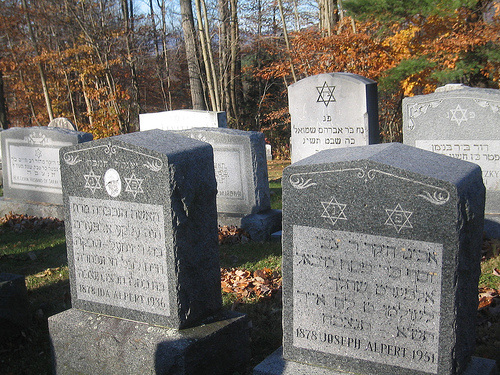
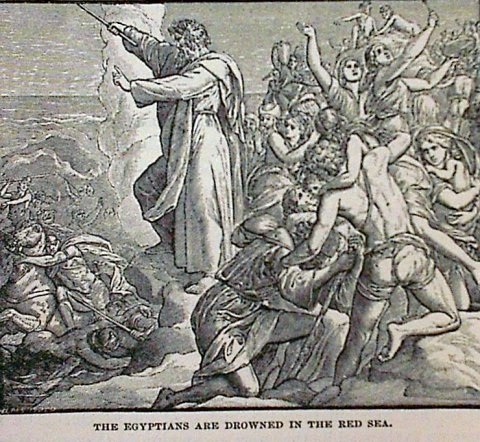
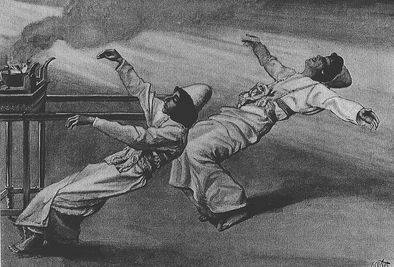
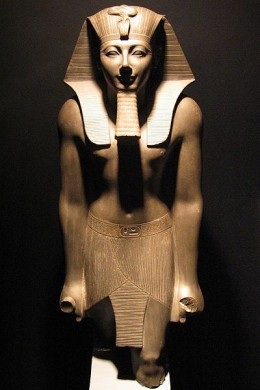
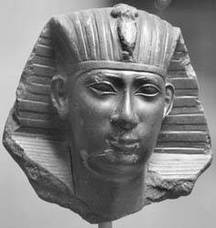
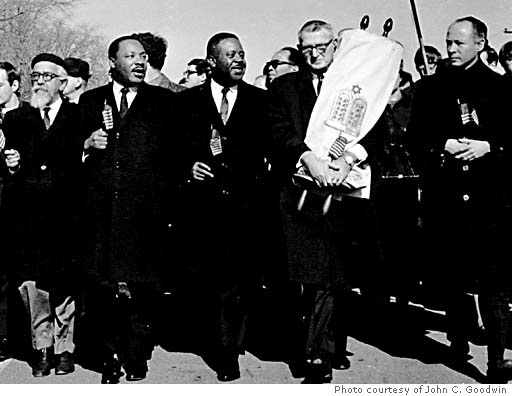

 RSS Feed
RSS Feed
